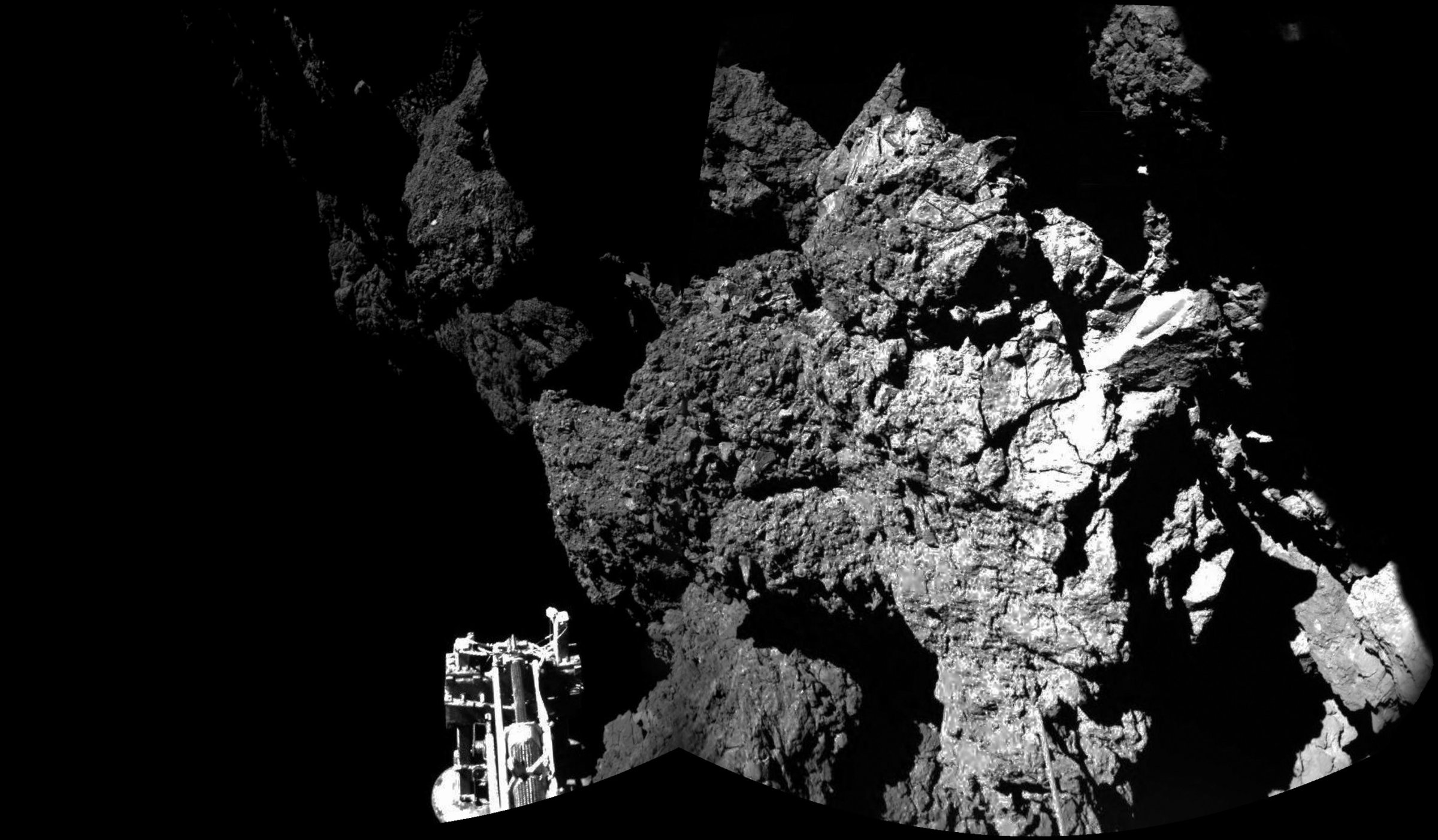
After becoming the first spacecraft to successfully land on a comet, European robot probe Philae may be in danger of running out of battery power.
The unmanned probe is successfully transmitting images but is about a kilometer away from its intended location on the comet 67P/Churyumov-Gerasimenko, after some landing trouble saw it settle in the shadow of a cliff.
As a result, the probe is only receiving 1.5 hours of sunlight for every 12-hour rotation of the comet, which is not nearly enough to replenish its battery once the primary 60-hour charge is over.
“We have estimations right now that go between Friday afternoon and Saturday afternoon,” the European Space Agency’s Paolo Ferri told the BBC, referencing how long Philae is expected to remain operational in its current state. “The more activities we do with the lander, the more power we will consume, and the less time we will have,” he said.
Given the difficulty of moving the probe into sunlight in the time available, scientists are now focused on gathering as much data as they can from the comet’s surface.
See the Rosetta Spacecraft's Best Photos of Comet 67P
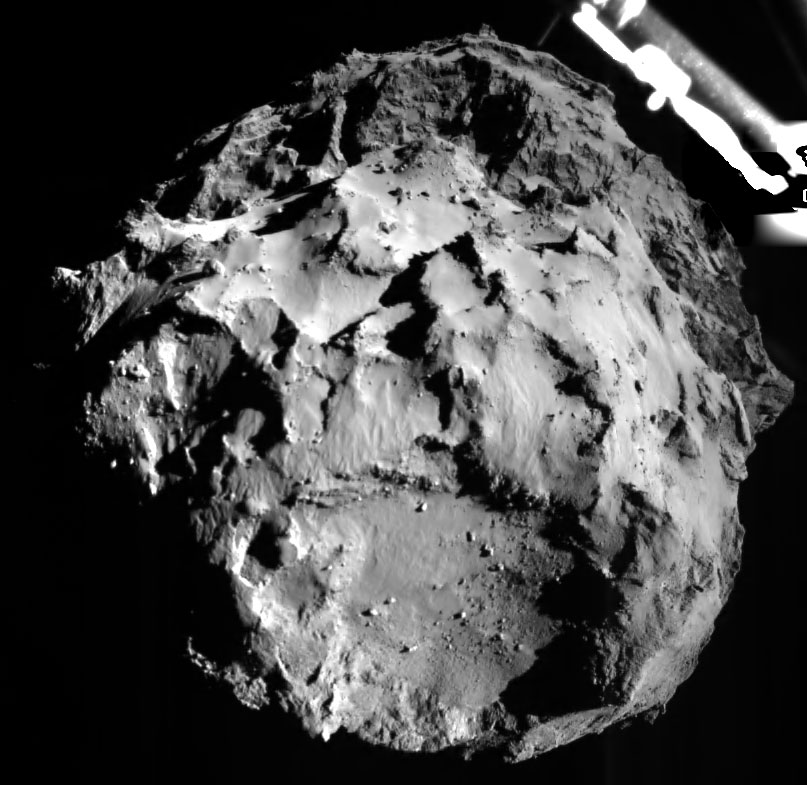
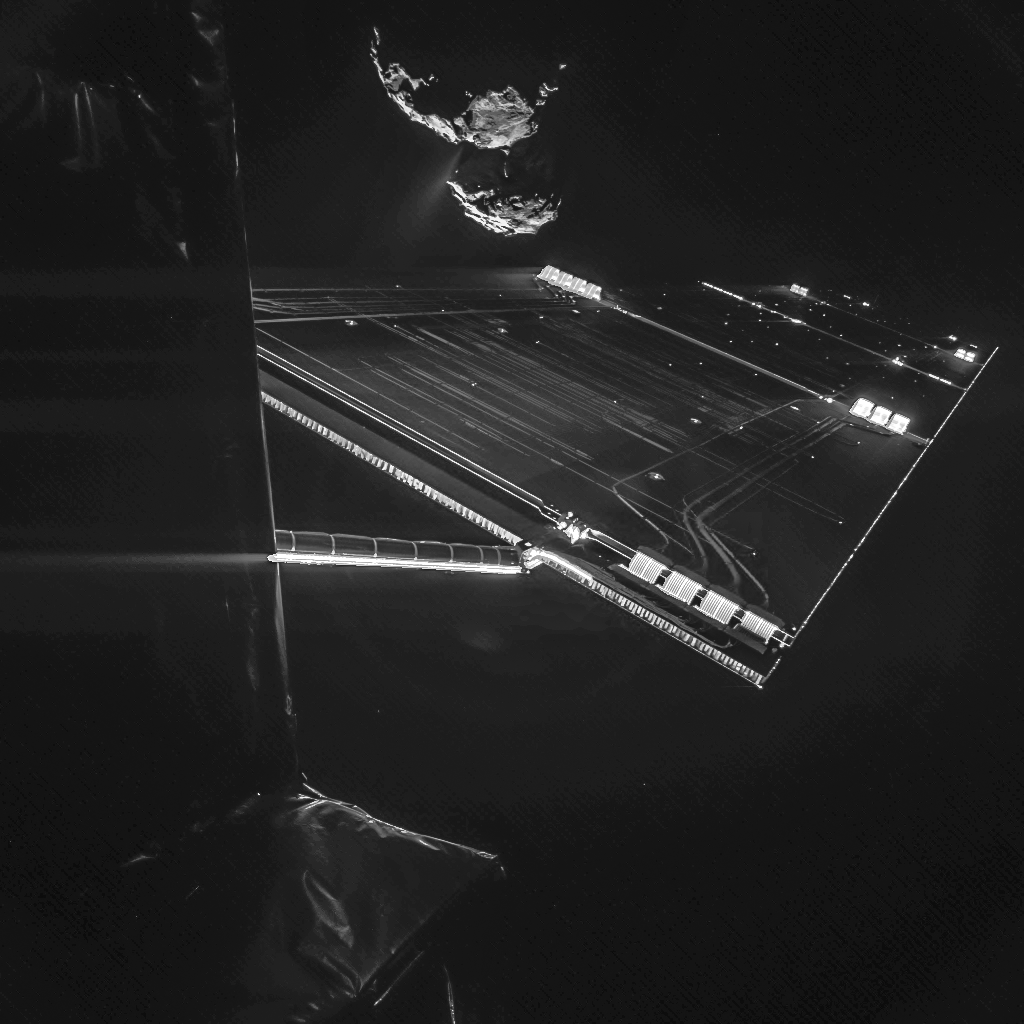
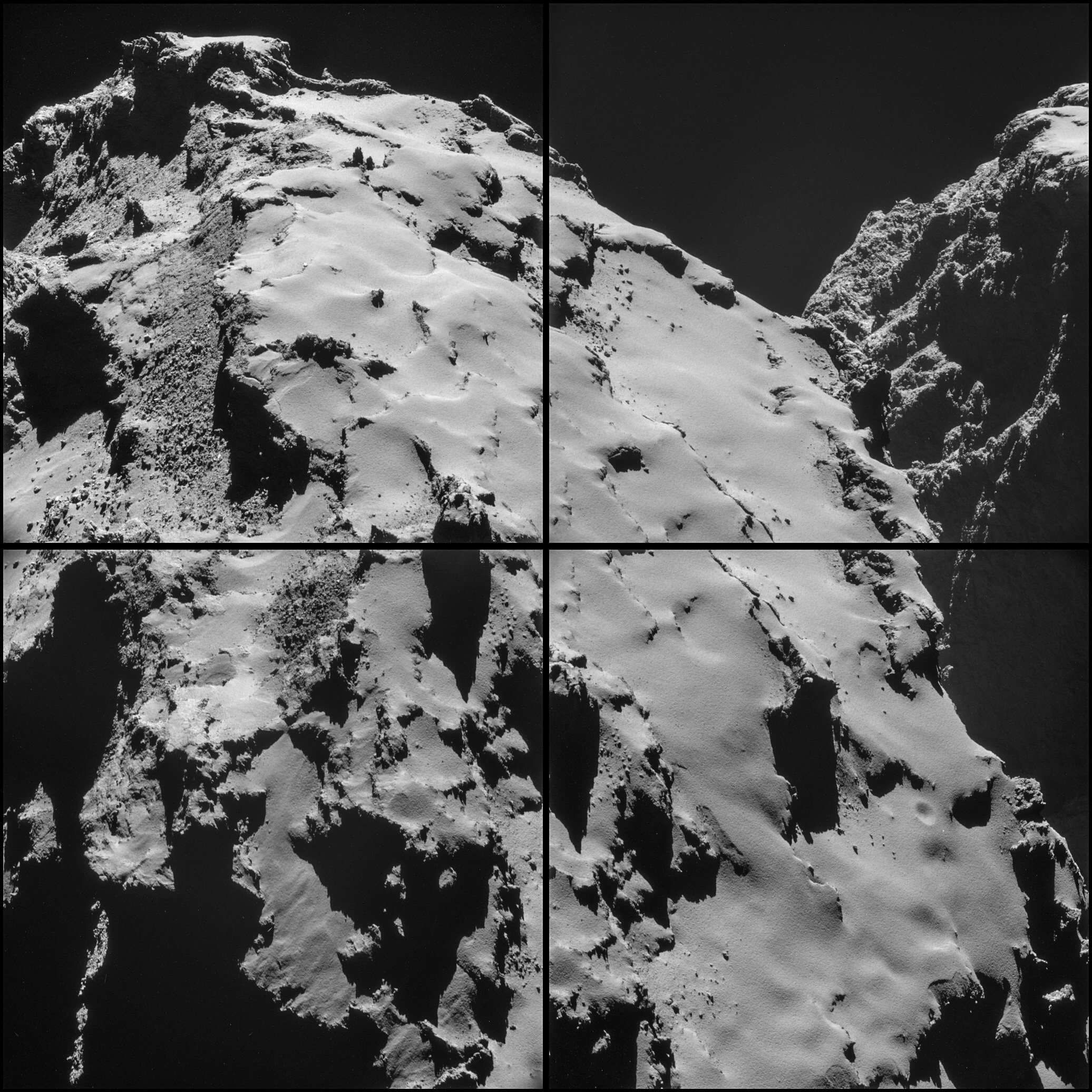
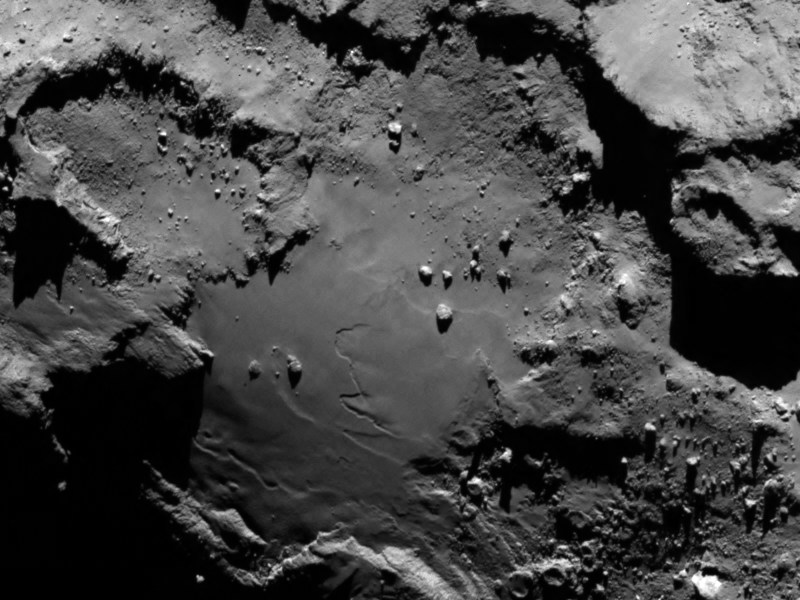
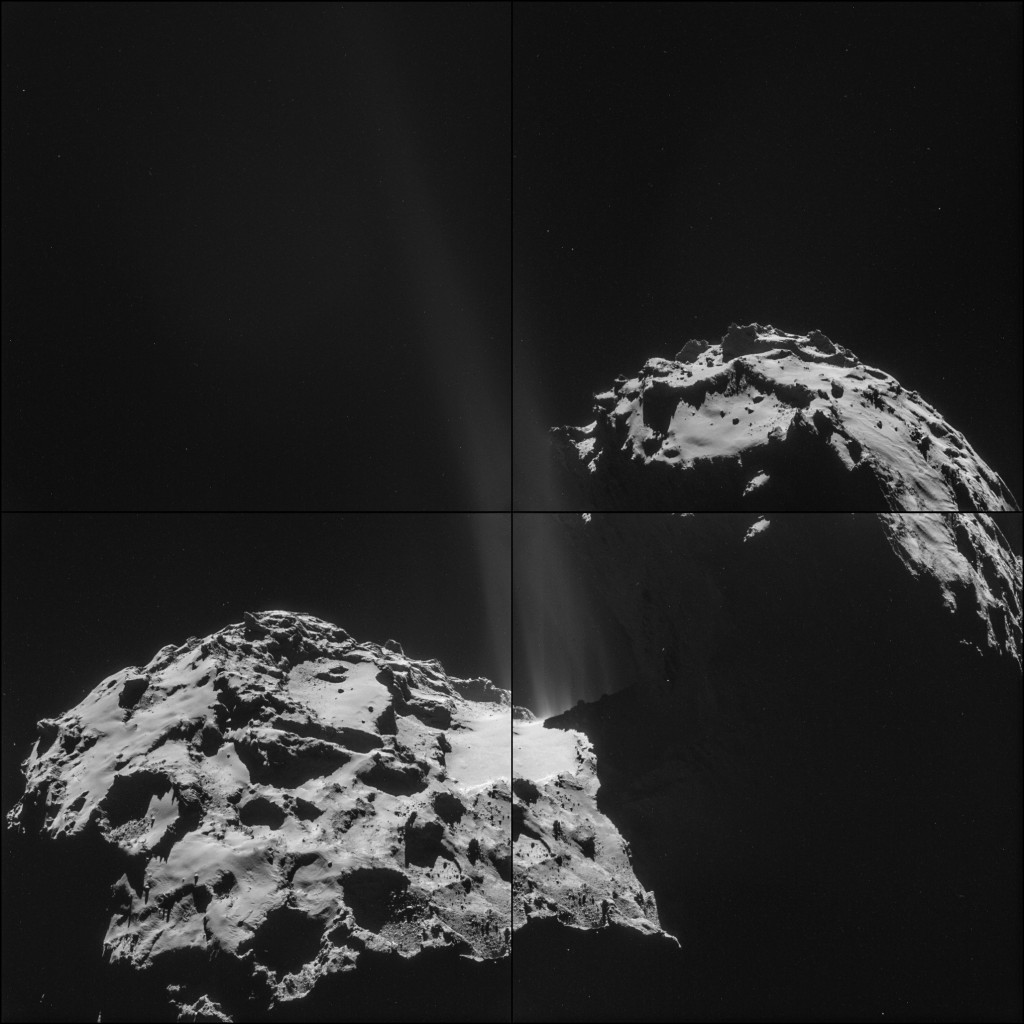
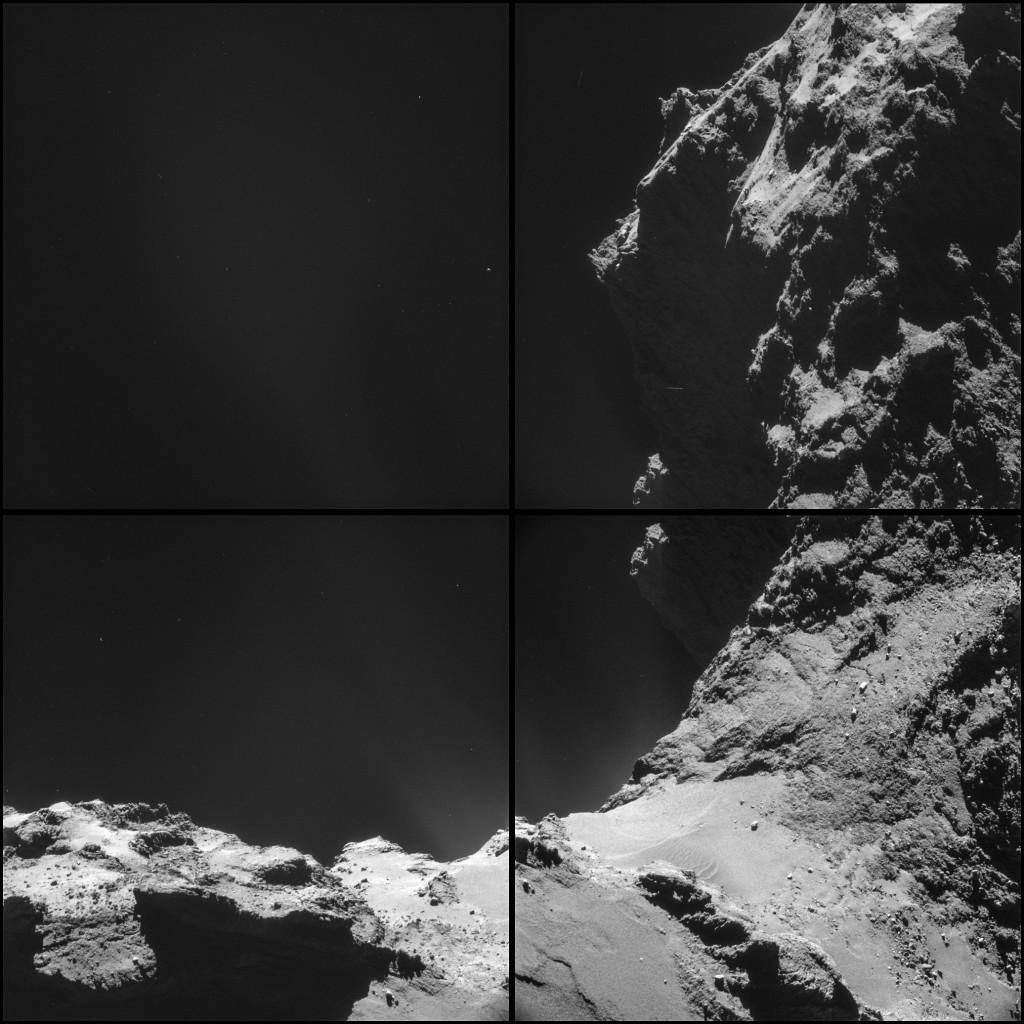
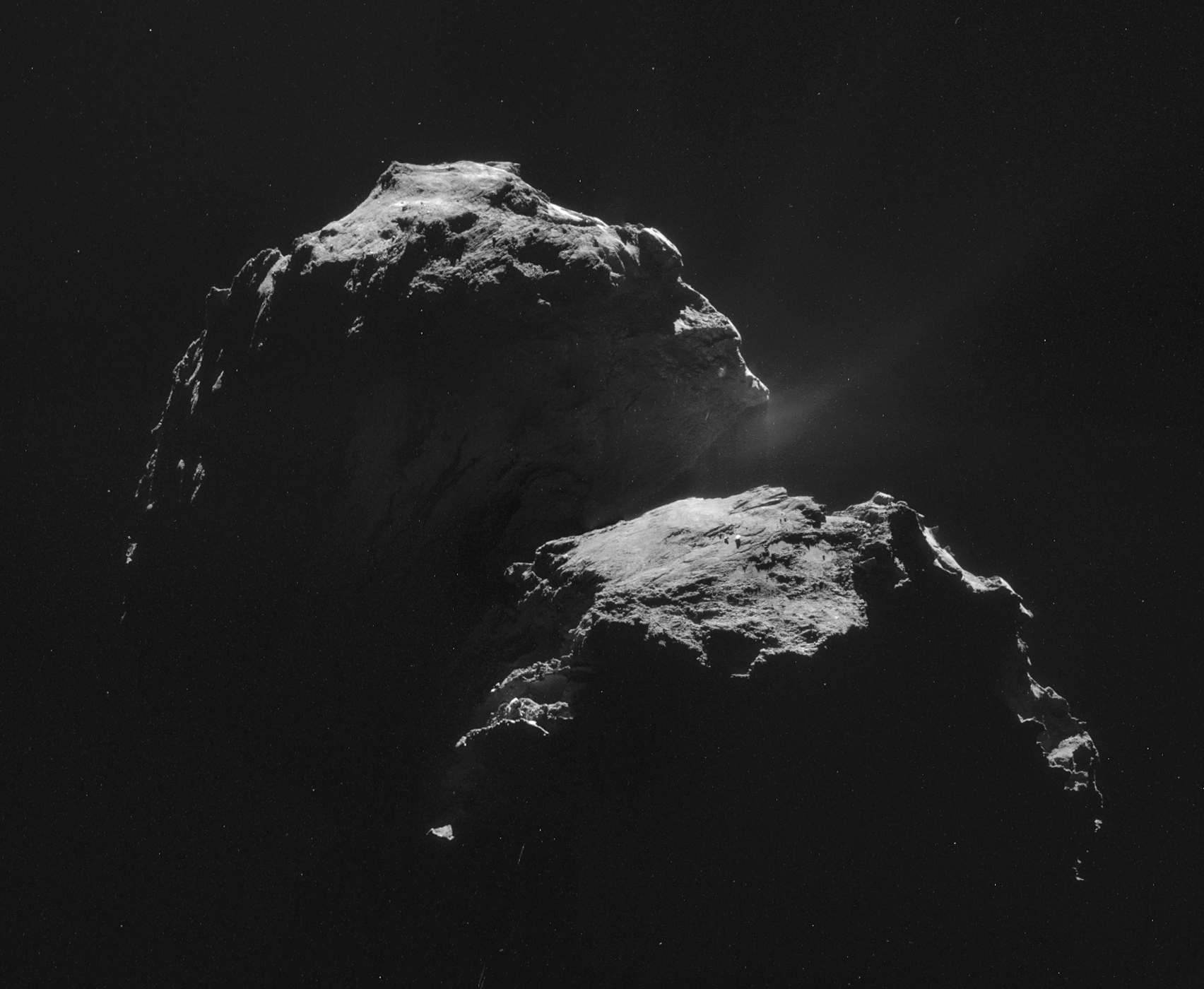
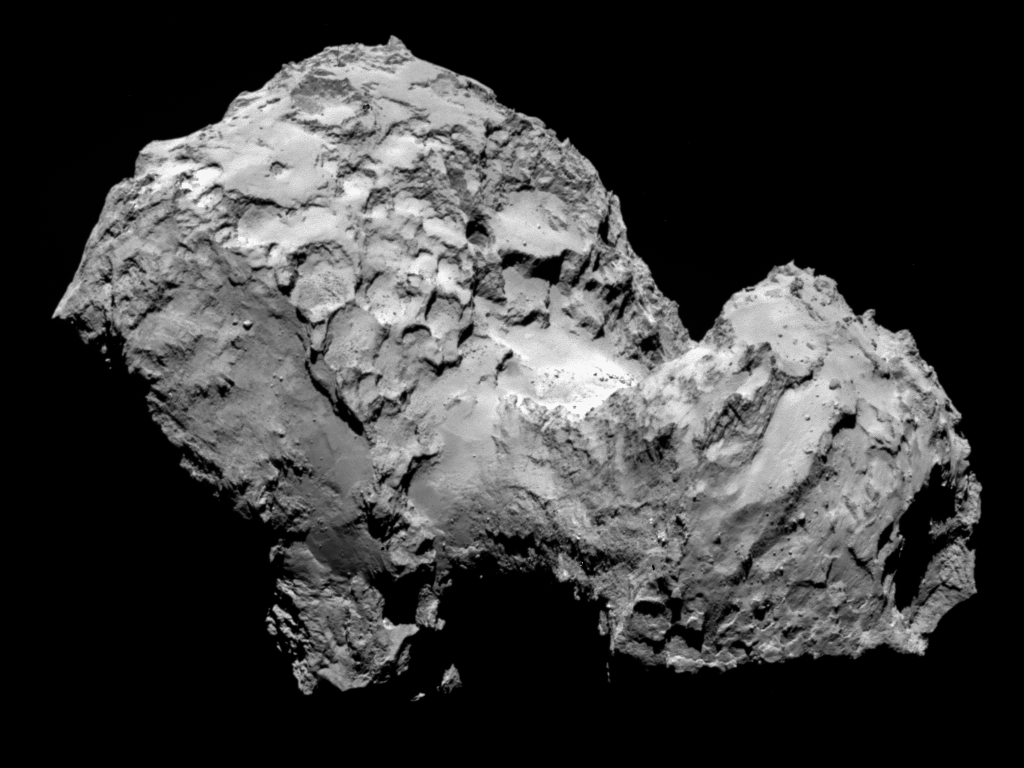
More Must-Reads from TIME
- L.A. Fires Show Reality of 1.5°C of Warming
- Home Losses From L.A. Fires Hasten ‘An Uninsurable Future’
- The Women Refusing to Participate in Trump’s Economy
- Bad Bunny On Heartbreak and New Album
- How to Dress Warmly for Cold Weather
- We’re Lucky to Have Been Alive in the Age of David Lynch
- The Motivational Trick That Makes You Exercise Harder
- Column: No One Won The War in Gaza
Write to Rishi Iyengar at rishi.iyengar@timeasia.com